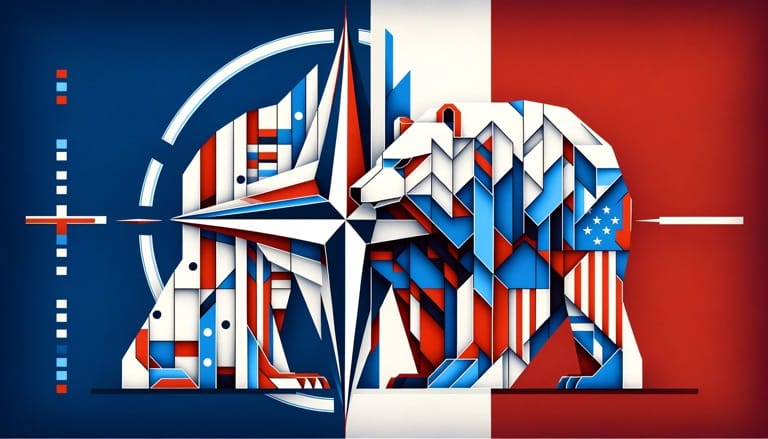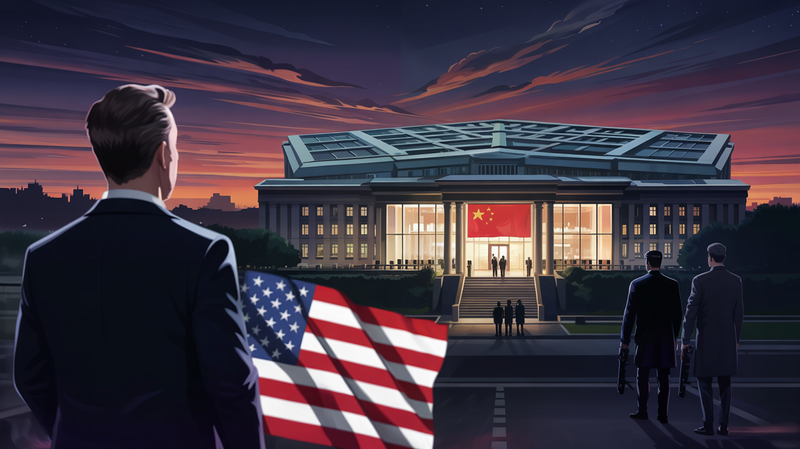Putin Issues a Stark Warning to NATO Amid Escalating Tensions over Ukraine
In the midst of the escalating crisis in Ukraine, Russian President Vladimir Putin has delivered a stark warning to NATO. This development marks a significant moment in the ongoing tensions between Russia and the Western alliance, with Moscow accusing the United States and NATO of neglecting Russia's key

In the midst of the escalating crisis in Ukraine, Russian President Vladimir Putin has delivered a stark warning to NATO. This development marks a significant moment in the ongoing tensions between Russia and the Western alliance, with Moscow accusing the United States and NATO of neglecting Russia's key security concerns.
Putin's Stance
President Putin has voiced his dissatisfaction with the responses of the US and NATO to Russia's security demands during the Ukraine standoff. The Kremlin has highlighted several major concerns, including halting NATO's expansion eastward, preventing the deployment of offensive weapons near Russia's borders, rolling back NATO's military capabilities to their pre-expansion state, and seeking assurances that Ukraine will not join NATO. Putin argues that these issues have been largely overlooked by the US and NATO, especially the principle of ensuring security integrity, where no nation should enhance its security at the expense of another's.
NATO's Response
The response from NATO to the situation in Ukraine is complex and somewhat divided. There is a consensus among member states to support Ukraine militarily, but the issue of setting a specific timeline for Ukraine's NATO membership is divisive. The United States and Germany, among other nations, are cautious about admitting Ukraine into the alliance during an ongoing conflict, as this could potentially lead to a direct military confrontation with Russia. On the other hand, Eastern European countries, along with Poland, continue to advocate for Ukraine's membership in NATO.
NATO Secretary-General Jens Stoltenberg has reassured that Ukraine will eventually be part of the alliance and has committed to providing long-term security assistance, including new defense packages and missiles. However, the lack of a clear timeline for Ukraine's membership does little to encourage Putin to reduce hostilities.
Implications and Outlook
The ongoing situation presents a challenging scenario for NATO as it aims to support Ukraine while avoiding direct military conflict with Russia. The heightened tensions highlight the intricate geopolitical dynamics in Eastern Europe and the difficulties in addressing security concerns that are deeply felt by both Russia and NATO members.
As the crisis continues, the international community remains vigilant, hoping for a diplomatic resolution that can prevent further escalation. Despite the challenges, dialogue between Russia and NATO remains a crucial avenue for addressing the deep-rooted issues at the heart of the current tensions.




